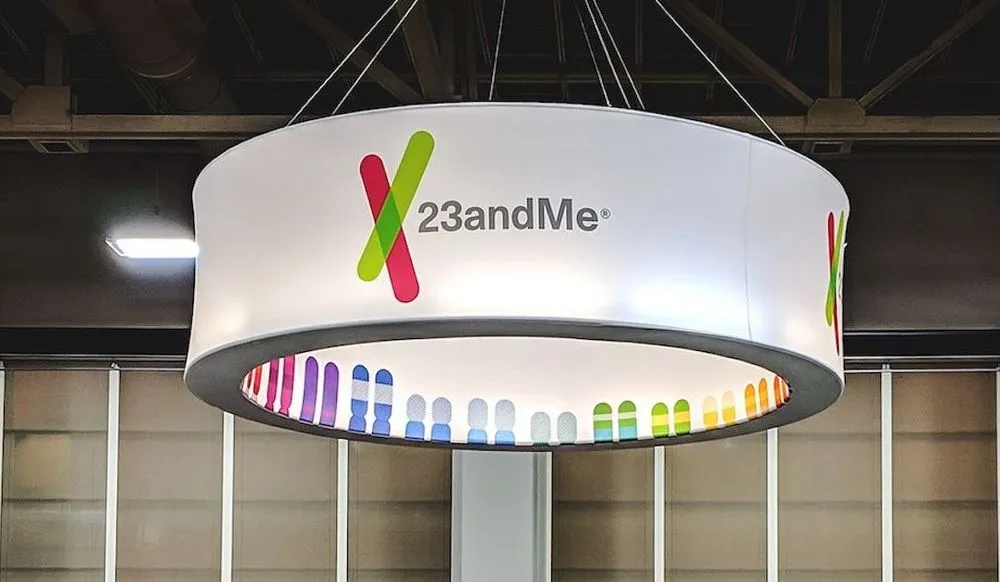Nonprofit led by 23andMe’s former CEO wins bid to acquire the company
A nonprofit recently founded by 23andMe’s former CEO Anne Wojcicki seems likely to take control of the embattled personal genomics company after bidding $305 million for the business in a bankruptcy auction.
The deal will not be finalized until a Missouri judge approves it at a hearing Tuesday. Bankruptcy judges generally approve such agreements, but signoff is not automatic. The judge also could bar 23andMe’s customer genetic data — its biggest asset by far — from transferring without substantial restrictions.
Wojcicki’s nonprofit, known as the TTAM Research Institute, beat out Regeneron Pharmaceuticals, which had previously made a deal for the company. That deal was upended when Wojcicki’s TTAM submitted a higher bid. .
The agreement with TTAM, announced Friday, could put 23andMe’s vast trove of customer genetic data as well as business lines relating to health research in the hands of Wojcicki, who has been under pressure since a massive 2023 data breach led to the exposure of genetic data belonging to millions of consumers.
TTAM will comply with 23andMe’s existing privacy policy, which does not allow sharing of data with public databases, insurers, employers or law enforcement without a court order, search warrant or subpoena, according to a 23andMe press release.
The institute will continue to share and, in some cases, sell de-identified customer data for scientific and biomedical research, the press release said.
23andMe’s sale has been highly controversial because of concerns that customers’ genetic data will be transferred without their affirmative consent.
It is possible the judge will approve the sale, but block 23andMe’s customers’ genetic data from transferring to TTAM.
On June 11, a court-appointed consumer privacy ombudsman overseeing how the sale will affect consumer privacy submitted a report saying he believes customers should be allowed to give “separate and affirmative” consent before their data is sold.
The privacy ombudsman, Neil Richards, also said in a court filing that acquisition by TTAM would be concerning for several reasons, including that Wojcicki ran the company during the data breach.
TTAM’s nonprofit status also raises concerns, Richards said, because it would put the company’s genetic data assets outside “the scope of many data protection laws from an enforcement perspective, potentially creating a privacy and security enforcement and accountability vacuum.”
Suzanne Smalley
is a reporter covering digital privacy, surveillance technologies and cybersecurity policy for The Record. She was previously a cybersecurity reporter at CyberScoop. Earlier in her career Suzanne covered the Boston Police Department for the Boston Globe and two presidential campaign cycles for Newsweek. She lives in Washington with her husband and three children.



